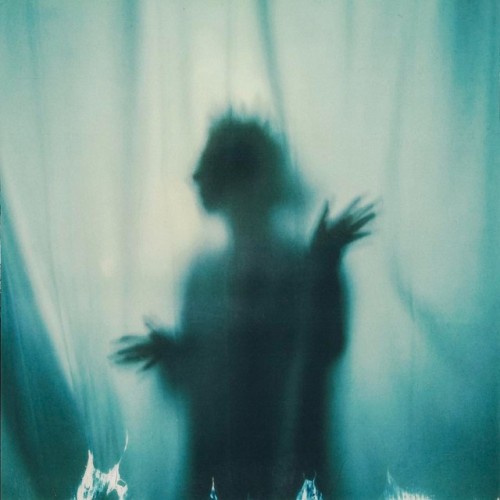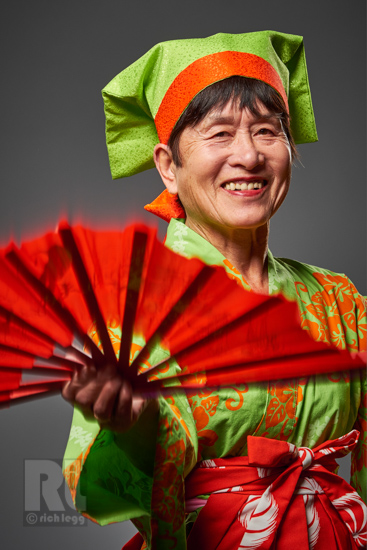Photographers

Air Tractor 802 Fire Boss in Action
1x Blog-Photographers' .
. '
Unfortunately, forest and brush fires are a common occurrence every summer in the province of Salerno in Italy. I decided to see if I could get close enough to the fire to capture the action, especially the intensity of the smoke as the hard-working firefighters battled the fire from the air.
I had the idea to show the various phases of an aircraft firefighting in the national park of Cilento and Diano Valley in the province of Salerno, Campania region, Italy. There are a lot of fires in this area, and unfortunately the need for aircraft firefighting is nearly an annual event. In the summer of 2011, yet another large fire took hold of the countryside.
With the help of the park rangers I went up toward the fire (keeping at a safe distance) and set up my camera in an unobstructed area where I was able to follow the progress of the firefighting planes depositing their loads of water. Shooting in continuous autofocus mode (AF-C mode), I took a series of four shots of the plane as it made its pass and then one more when the smoke was more intense. This last shot did not have the plane in it, but I knew it would make a good background for the other four.
With this picture I wanted to show the difficult and important work the pilots of firefighting aircraft do to tackle these large fires that often burn in the Parco Nazionale del Cilento e Vallo di Diano in Southern Italy. To give the image more impact I merged the five photos into one and created the sequence of the passage of the plane while dropping water.
"Shooting in continuous autofocus mode (AF-C mode), I took a series of four shots of the plane as it made its pass and then one more when the smoke was more intense."
With the help of the park rangers I went up toward the fire (keeping at a safe distance) and set up my camera in an unobstructed area where I was able to follow the progress of the firefighting planes depositing their loads of water. Shooting in continuous autofocus mode (AF-C mode), I took a series of four shots of the plane as it made its pass and then one more when the smoke was more intense. This last shot did not have the plane in it, but I knew it would make a good background for the other four.
With this picture I wanted to show the difficult and important work the pilots of firefighting aircraft do to tackle these large fires that often burn in the Parco Nazionale del Cilento e Vallo di Diano in Southern Italy. To give the image more impact I merged the five photos into one and created the sequence of the passage of the plane while dropping water.
POST PROCESSING
The five images were processed in Photoshop CS5 and Nik Color Efex Pro 3 plugin.
1) When I got home I loaded the five best images into Photoshop CS5. Without making any changes, I copied the four photos of the planes onto the background image (the last shot consisting mostly of smoke) to obtain a single file with five layers.
2) So that I could get the four images of the plane in the correct place, I adjusted the Opacity of each layer as shown in the picture below.
3) Lowering the Opacity of each layer made them all more transparent and then I could see all four planes. This allowed me to align, rotate and, when necessary, to vary the proportions of the images (using the Free Transform tool) so that they looked like a multiple exposure of a single plane making its pass over the fire. In the screenshot below, you can see how each layer was rotated, aligned and positioned, while each layer Opacity is still reduced.
4) I then reset each layer Opacity back to 100% and created a black layer mask for layers 2, 3 and 4. (To create a layer mask filled with black, hold down the Alt key while selecting the Create layer mask icon at the bottom of the Layers Panel.) Next, I used the Brush to paint on the layer masks, revealing only the plane in each of these layers and removing the overlapping effect created by aligning the layers in Step 3.
5) I duplicated the background layer (Ctrl/Cmd+J), placed it in the foreground (at the top of the Layers Panel), and then I applied a black layer mask to this copy layer.
6) With the Brush set to 25% Opacity and a Flow of 65% I was able to fill the empty spaces of the underlying layers.
7) I merged all of the visible layers into one and then exported the file to Nik Color Efex Pro 3 plugin. I applied the Bi-Color Filters and selected Color Set 1 in the Bi-Color Filters panel, which has a gradual red-to-yellow warming effect. I then set Opacity to 68%, Blend to 100%, Vertical Shift to 74% and Rotation to 347°.
8) Back in Photoshop, I prefer to sharpen the image at the end, and I do this in two stages as I decrease the file size. For this image I first applied the Unsharp Mask filter (Radius set to 50 pixels and Threshold set to 5 levels) and then reduced the Image Size by 50%. Afterward, I applied a second Unsharp Mask filter (Radius set to 35 and Threshold set to 3 levels), and I finished the process by reducing the image to meet the requirements for the web.
1) When I got home I loaded the five best images into Photoshop CS5. Without making any changes, I copied the four photos of the planes onto the background image (the last shot consisting mostly of smoke) to obtain a single file with five layers.
2) So that I could get the four images of the plane in the correct place, I adjusted the Opacity of each layer as shown in the picture below.
3) Lowering the Opacity of each layer made them all more transparent and then I could see all four planes. This allowed me to align, rotate and, when necessary, to vary the proportions of the images (using the Free Transform tool) so that they looked like a multiple exposure of a single plane making its pass over the fire. In the screenshot below, you can see how each layer was rotated, aligned and positioned, while each layer Opacity is still reduced.
4) I then reset each layer Opacity back to 100% and created a black layer mask for layers 2, 3 and 4. (To create a layer mask filled with black, hold down the Alt key while selecting the Create layer mask icon at the bottom of the Layers Panel.) Next, I used the Brush to paint on the layer masks, revealing only the plane in each of these layers and removing the overlapping effect created by aligning the layers in Step 3.
5) I duplicated the background layer (Ctrl/Cmd+J), placed it in the foreground (at the top of the Layers Panel), and then I applied a black layer mask to this copy layer.
6) With the Brush set to 25% Opacity and a Flow of 65% I was able to fill the empty spaces of the underlying layers.
7) I merged all of the visible layers into one and then exported the file to Nik Color Efex Pro 3 plugin. I applied the Bi-Color Filters and selected Color Set 1 in the Bi-Color Filters panel, which has a gradual red-to-yellow warming effect. I then set Opacity to 68%, Blend to 100%, Vertical Shift to 74% and Rotation to 347°.
8) Back in Photoshop, I prefer to sharpen the image at the end, and I do this in two stages as I decrease the file size. For this image I first applied the Unsharp Mask filter (Radius set to 50 pixels and Threshold set to 5 levels) and then reduced the Image Size by 50%. Afterward, I applied a second Unsharp Mask filter (Radius set to 35 and Threshold set to 3 levels), and I finished the process by reducing the image to meet the requirements for the web.
TIPS
1) To take this type of shot you must find a place to set up without anything obstructing your view. You need to be able to observe the entire passage of the plane, always maintaining a safe distance from the fire!
2) Use the autofocus in continuous mode (AF-C) to capture as many images as possible, but be ready to switch to manual because the smoke could easily fool the autofocus.
3) Shoot 14-bit uncompressed NEF files (Nikon's RAW files) to have a greater chance of recovering information in post-production.
2) Use the autofocus in continuous mode (AF-C) to capture as many images as possible, but be ready to switch to manual because the smoke could easily fool the autofocus.
3) Shoot 14-bit uncompressed NEF files (Nikon's RAW files) to have a greater chance of recovering information in post-production.
BIOGRAPHY
I'm 46 years old and live and work in Rome, Italy. My passion for photography has made me observe with interest the extraordinary and unique spectacle of nature along with the moments and multiple situations that occur every day. I hope, therefore, to be able to transmit and share through every single image the excitement that made me press the shutter button.
Check out my homepage




























